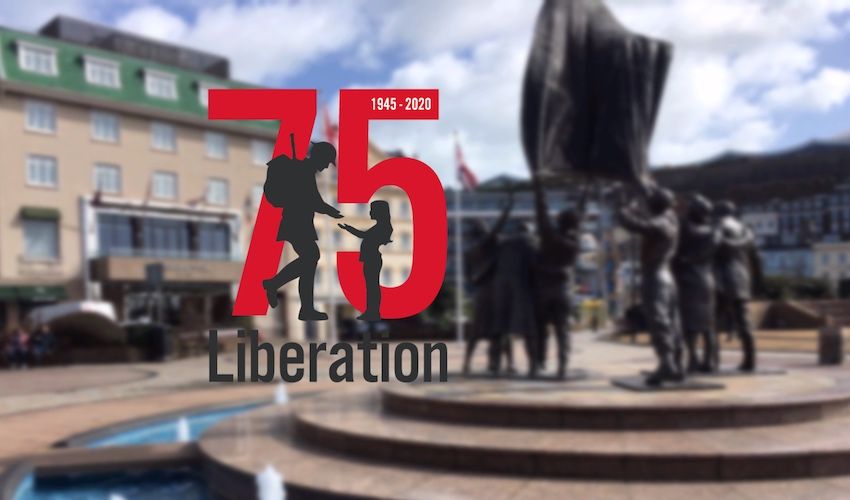

The ceremony to commemorate slave and forced workers who were brought to the Island by the Germans during the Occupation will not go ahead this year due to the restrictions on public gatherings as a result of the coronavirus pandemic.
The ceremony has been held in the grounds of the crematorium at Westmount for 60 years and the organiser, Gary Font - son of Spanish Republican forced worker Francisco Font - says this is the first time it has had to be cancelled.
He said: ‘In light of the current circumstances and as public health and safety are paramount to preventing the spread of this dreadful virus, it would not be advisable to hold the annual commemoration.
‘Instead of gathering together at Westmount as they have done since 1960, the families of the forced workers who made Jersey their home after the Liberation will be remembering them at home.
‘Rather than rearrange the ceremony to later in the year when hopefully the restrictions on public gatherings will be lifted, we shall wait until 2021 to make the 76th anniversary of the Liberation a very extra-special event.’
However, he added, some long-standing supporters of the ceremony, in particular relatives of the forced workers, may still wish to lay flowers and pay their respects. As the crematorium grounds are open to the public they may do so throughout the day as part of the permitted two-hour daily exercise time and while observing social distancing at all times.
The commemoration remembers around 16,000 PoWs and civilians who suffered at the hands of the occupiers in Jersey and the other islands, during the Occupation.
They included: Russians, Ukrainians, Belarusians, Spanish Republicans, French North Africans, Poles, French, Jews and Belgians. They were forced to work in turning the Channel Islands into fortresses as part of Hitler’s Atlantic Wall network of fortifications that stretched from the coast of Norway to the French border with Spain.
It is believed that 101 of these labourers died in Jersey, with the victims numbering 75 Soviet citizens (Russian, Ukrainian and Belorussians) nine Spanish Republicans, five Poles, six Algerians, five from France and one of unknown nationality.
A similar number of deaths were recorded in Guernsey and there were 397 recorded burials in Alderney but the overall fatalities there could have exceeded 700.